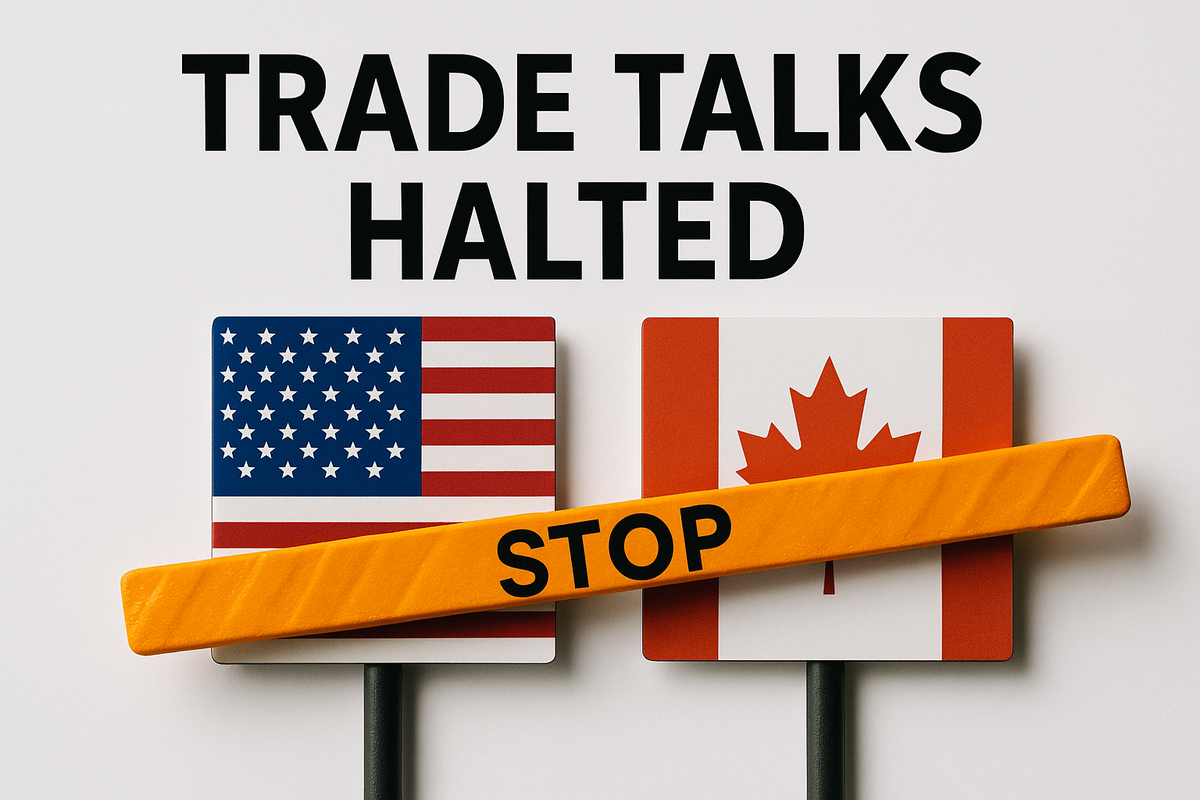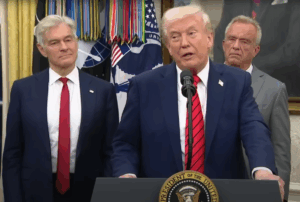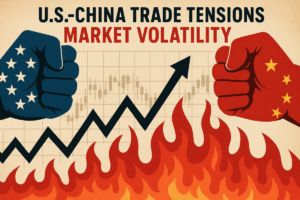The abrupt termination of trade negotiations between the United States and Canada, announced by President Trump, signals a significant escalation in economic tensions. This decision, rooted in a controversial advertisement that criticized U.S. tariffs, raises serious concerns about the stability of bilateral trade relations and their broader implications for both economies.

Table of Contents
Key Facts
The cessation of negotiations follows President Trump’s accusation that an advertisement from Ontario’s provincial government misrepresented historical views on tariffs, particularly those of former President Ronald Reagan. This advertisement, featuring Reagan’s voice warning of the dangers of tariffs, was deemed misleading by Trump, who subsequently imposed a 35% tariff on various Canadian imports, primarily affecting the automotive and steel sectors.
| Indicator | Impact |
|---|---|
| Tariff Rate | 35% on Canadian imports |
| Canadian Unemployment | Reaching a nine-year high |
| Cross-Border Trade Value | Approximately C$3.6 billion daily |
| Canadian Exports to U.S. | Over 75% of total exports |
Analysis and Interpretation
The termination of trade negotiations highlights the fragility of U.S.-Canada relations, particularly in the context of the US-Mexico-Canada Agreement (USMCA) review scheduled for next year. The decision to halt discussions is emblematic of the broader trend of protectionism that has characterized Trump’s trade policies, which he argues are essential for safeguarding U.S. national security and economic interests.
The advertisement’s release and Trump’s subsequent reaction reflect deep-seated political and economic tensions. By framing tariffs as a protective measure, Trump seeks to bolster his domestic support, particularly among American manufacturers. However, these tariffs have already begun to strain the Canadian economy, with the potential for retaliatory measures that could further exacerbate the situation.
Market reactions have been muted so far, but the uncertainty surrounding U.S.-Canada trade relations is likely to weigh on investor sentiment, particularly in sectors reliant on cross-border trade. Additionally, ongoing global trade tensions, exacerbated by this dispute, could lead to increased volatility in financial markets.
Market Impact
The immediate market implications of halting trade negotiations include potential disruptions across key sectors, such as automotive and steel, where U.S. tariffs significantly affect Canadian exports.
Equities
U.S. equities, particularly those in the automotive and manufacturing sectors, may come under downward pressure as investors assess the potential for higher costs and reduced competitiveness.
Commodities
Commodity prices, especially for steel and aluminum, could be volatile as market participants react to uncertainty surrounding trade policies and tariffs.
Foreign Exchange
The Canadian dollar may weaken against the U.S. dollar as trade tensions escalate, reflecting market concerns over the impact of tariffs on the Canadian economy.
Scenarios
The cessation of negotiations presents multiple potential outcomes for U.S.-Canada trade relations.
Base Scenario
In the most likely scenario, trade negotiations remain stalled, leading to continued tariffs and escalating tensions. This could result in a protracted economic standoff, impacting both nations’ growth prospects.
Optimistic Scenario
In an optimistic turn, both nations may find common ground, leading to renewed negotiations and potential tariff reductions. This could stabilize trade relations and foster economic growth in both countries.
Pessimistic Scenario
Conversely, a pessimistic outcome could involve increased retaliatory measures from Canada, further escalating the trade dispute. This scenario would likely lead to significant economic repercussions, including job losses and increased consumer prices in both countries.
Conclusion
The termination of U.S.-Canada trade negotiations presents a critical juncture for both economies, with implications that could reverberate across North America. As uncertainty looms, investors should remain vigilant, given the potential for further escalation and its impact on market dynamics.
- https://edition.cnn.com/2025/10/23/politics/trump-ends-trade-negotiations-canada
- https://www.bbc.com/news/articles/cdjrlmd4pmeo
- https://www.theguardian.com/world/2025/oct/24/trump-says-all-canada-trade-talks-terminated-over-ad-criticising-tariffs
- https://www.cnbc.com/2025/10/24/trump-canada-trade-reagan.html



